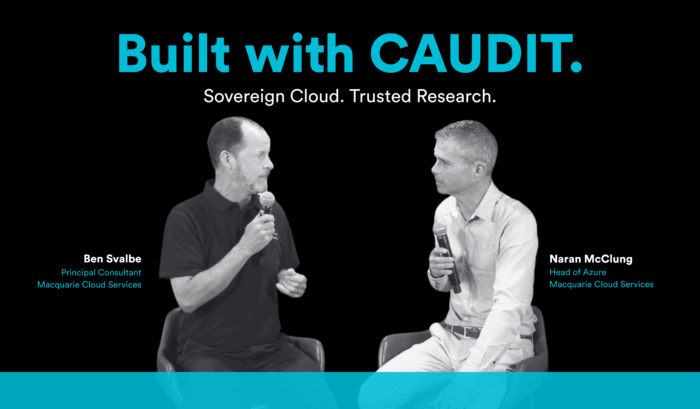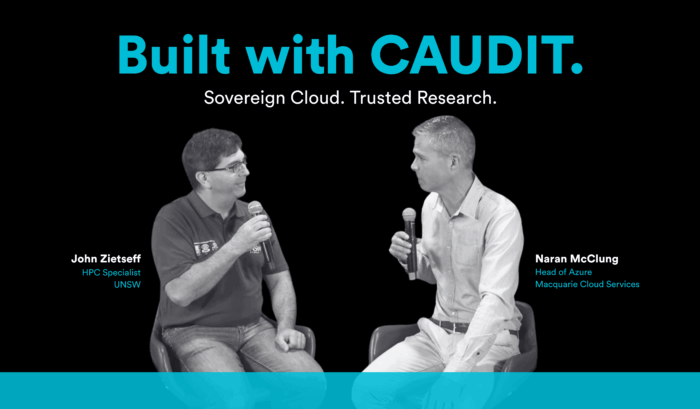Cloud Repatriation Is Real – Here’s What AWS Customers Should Know

Public cloud repatriation is a growing trend that has been gaining momentum, particularly as organisations reconsider their IT strategies. Businesses that once trusted Amazon Web Services (AWS) for its scalable, flexible infrastructure and pay-as-you-go model are now reconsidering their options as expectations have often fallen short in real-world scenarios.
Issues such as skyrocketing operational costs, compliance challenges, and inefficiencies with predictable workloads are among the issues that have driven businesses to revisit their cloud strategies. Introducing, public cloud repatriation.
So, what is public cloud repatriation and why is it happening?
Simply put, public cloud repatriation means moving workloads from public cloud providers to private, hybrid, or other cloud environments.
And it’s happening for one key reason: the public cloud reality hasn’t matched its promise. There are 4 primary drivers behind this growing trend:
- Real costs are exceeding expectations
While AWS is known for its flexibility, that flexibility comes with a growing price tag. Initial cost estimates often fail to account for hidden operational expenses. This is particularly prevalent with AWS, where we’ve seen customers had prices surge to 3 or 4 times higher than originally forecasted. Instead of enabling cost efficiency, many businesses find themselves in a financial straitjacket, struggling to justify ongoing public cloud expenses.
- Data sovereignty and compliance
The increased importance of data sovereignty and tightening regulations, such as APRA, GDPR, and HIPAA, are causing businesses to rethink where their sensitive data is stored. For businesses storing sensitive customer or regulated data, hybrid or private solutions often provide compliance capabilities that public clouds can’t match
- External cost triggers
External cost triggers, such as Broadcom’s recent planned price increase for VMWare Cloud on AWS, have resulted in financial strain for businesses. These events have pushed organisations to seek alternatives, such as Microsoft Azure due to its cost-flexible structure.
- Predictable Workloads
For organisations running predictable, infrastructure-as-a-service (IaaS) workloads, public cloud infrastructure isn’t always the best option. For these workloads, the overhead costs of public cloud platforms can outweigh the benefits.
Where to from here?
More customers are stepping back from the ‘public cloud for everything’ mindset and asking the question: What’s the right mix for us now?
That answer is increasingly Microsoft Azure, and in our experience, Azure Local, delivered through our Macquarie Flex platform.
Microsoft’s approach to cloud is fundamentally different. Where AWS often locks you in and leaves you holding the bill, Microsoft plays the long game. That cultural difference plays out in cost, transparency, and partnership. It’s why we back Azure and why we see less customers repatriating from Azure.
What are the benefits?
The shift from AWS to Microsoft Azure isn’t a like-for-like platform swap, it’s more about embracing new and improved Hybrid Azure capabilities, such as Azure Local This shift provides a strategic advantage for organisations ready to modernise on their terms. Key benefits include:
- Reduced costs and innovation
Hybrid solutions like Macquarie Flex, powered by Dell Technologies, can save businesses up to 30 per cent compared to public cloud alternatives, without sacrificing performance, control, compliance or cloud-native features. This leaves more budget to experiment with game-changing innovations like generative AI.
- Hybrid flexibility
Hybrid solutions enable tailored infrastructure, enabling tailored solutions that fit your operational demands. Instead of the ‘closest match’ from a hyperscaler menu, you can customize the specific IOPS, GPUs, and CPUs they require.
- Stronger security
With Azure-native tools like Microsoft Sentinel, Defender for Cloud, and Entra, Microsoft Azure provides a comprehensive, secure environment for repatriation. Additionally, its evolving initiatives like the Microsoft Secure Future Initiative ensure businesses are better equipped to manage modern cyber threats.
What Does It Cost to Repatriate?
Cost is often the first question when businesses consider cloud repatriation. Here’s the truth:
- Migration Expenses
Transitioning workloads from one cloud environment to another involves costs like migration planning, data transfer fees, and potential downtime.
Macquarie Cloud Services makes that transition easier than most expect. We don’t charge for the migration or transformation. We manage the risk, own the outcome, and build a trusted partnership that sticks.
- OpEx vs. CapEx
Repatriating to Azure hybrid solutions offers the flexibility to balance operational expenses (OpEx) with capital expenses (CapEx), something that AWS often struggles to address effectively.
Ultimately, while migration involves upfront costs, businesses find that long-term cost savings make the move worthwhile.
How can Macquarie Cloud Service help?
Cloud repatriation isn’t an easy task. Working with expert partners simplifies the process and ensures a smooth transition. Key benefits of working with partners like Macquarie Cloud Services include:
- Real-world Experience
The right partner brings proven strategies and technical expertise to address unique challenges.
- Transparency & Trust
Clear communication and customer testimonials help instill confidence in the migration process.
- End-to-End Support
From migration to ongoing managed services, a trusted partner ensures repatriation is seamless and sustainable.
How Will Repatriation Evolve?
Over the next 12 months, expect to see increased trust and adoption of hybrid cloud models like Macquarie Cloud Services Managed Edge and Azure Local. Businesses will increasingly demand transparency around costs, compliance, and security. This will position Azure as a clear leader in hybrid capabilities, enabling more organisations to optimise their IT strategies.
As experts in Hybrid Cloud solutions, Macquarie Cloud Services already integrates technology like Azure Local into their managed services, helping customers achieve greater cost efficiency and flexibility.
Our Macquarie Flex ‘Azure Local’ approach, powered by Dell technology, is at least 30 per cent cheaper than the public cloud for IaaS focused workloads. Macquarie Flex is the perfect complement to Azure native platform services, such as PaaS, Serverless, Containers and Function apps.
Ready to reassess your cloud reality? To further explore Azure Local and discover how it can optimise your cloud strategy, learn more here.



